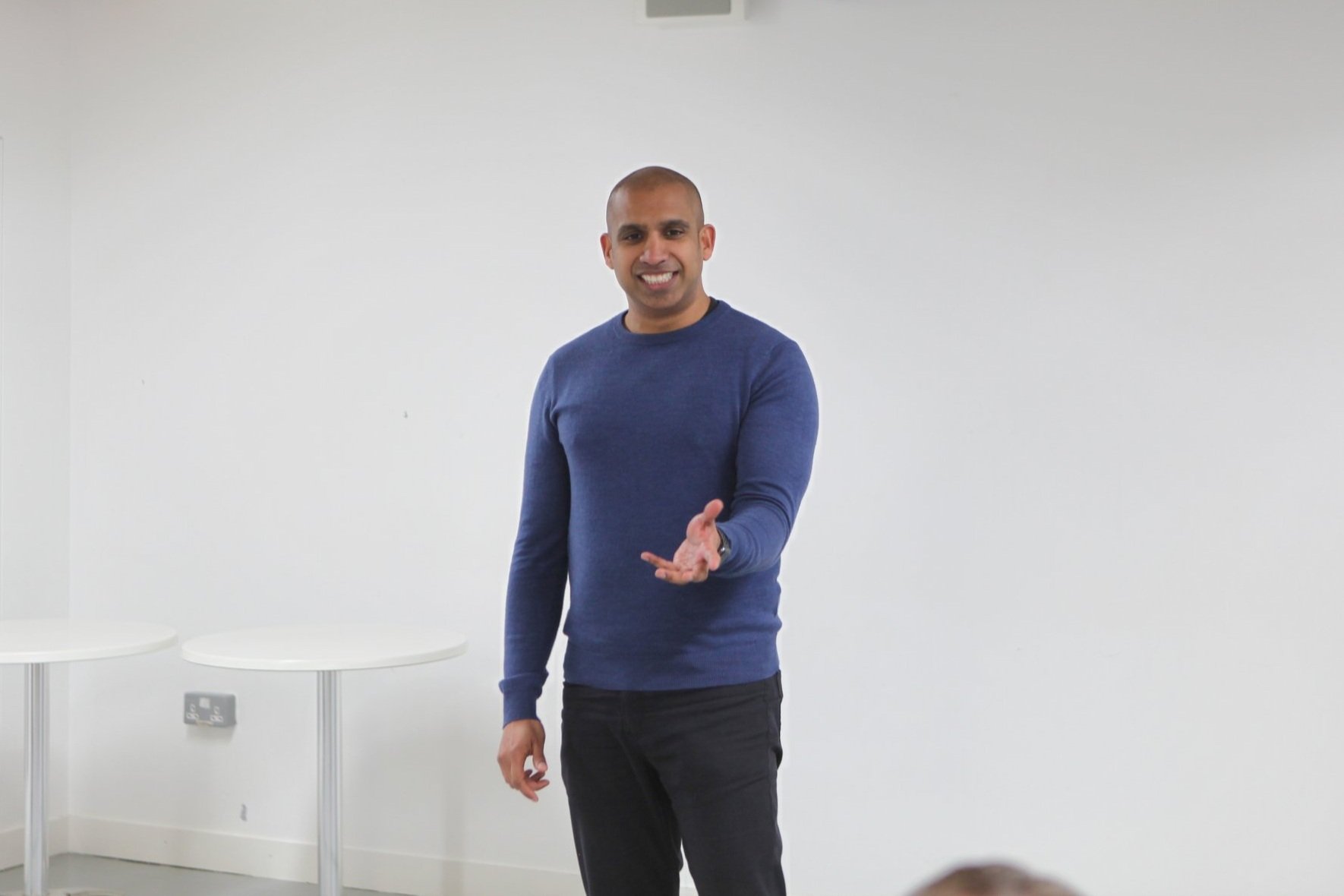How to Handle Difficult Questions
Whether you're giving a presentation at work, speaking at a conference, or addressing a group of people, handling tough questions gracefully is a skill every effective speaker should possess.
In this post, we'll explore some strategies and techniques to help you navigate those tricky situations and emerge as a confident and composed speaker.
Preparation is Key
The first and most crucial step in handling difficult questions during a public speech is thorough preparation. The better you know your material, the more confidence you'll have when addressing any inquiries. Here's how to prepare effectively:
a. Anticipate Tough Questions: Before your presentation, put yourself in the shoes of your audience and think about the questions they might ask. Prepare thoughtful responses to these potential queries in advance.
b. Know Your Material Inside Out: Be an expert on your subject matter. Familiarise yourself with all aspects of your topic, including potential counterarguments or controversial points.
c. Rehearse, Rehearse, Rehearse: Practice your speech multiple times. This will not only make you more confident but also help you remember your material better.
Active Listening
When you're asked a question, it's essential to listen carefully. Often, the speaker may become anxious and misunderstand the question. Take a deep breath, maintain eye contact with the person asking, and ask for clarification if needed. Repeat the question aloud to ensure that you understand it correctly. Active listening will also buy you a few moments to gather your thoughts.
Stay Calm and Composed
Maintaining composure under pressure is a vital skill for any public speaker. Remember that it's okay not to have all the answers immediately. Here's how to stay calm:
a. Deep Breathing: Take a deep breath to calm your nerves. This will help you think more clearly and slow down your response.
b. Maintain Eye Contact: Maintain eye contact with the person who asked the question. This conveys confidence and engagement.
c. Smile: A friendly smile can defuse tension and make you appear approachable.
Bridge to Your Message
When faced with a challenging question, use a bridging technique to steer the conversation back to your key message. You can use phrases like:
"That's an interesting question, and it reminds me of..."
"I appreciate your perspective, and it's essential to consider..."
"While that's a valid concern, let's not forget that..."
By gently steering the discussion back to your primary points, you can maintain control of the conversation while addressing the question.
Be Honest and Transparent
If you don't know the answer to a question, it's okay to admit it. Honesty and transparency can build trust with your audience. You can respond with phrases like:
"I don't have that information at the moment, but I'll be happy to look into it and get back to you."
"That's a great question, and it's something I need to research further."
Follow up on your promise to provide more information after your presentation.
Manage Hostile or Aggressive Questions
Sometimes, you may encounter hostile or aggressive questions. In these situations, it's crucial to try and remain calm. You can use the following techniques:
Acknowledge the Emotion: Recognise the emotion behind the question, e.g., "I can see that you're passionate about this issue."
Stay Focused: Reframe the question to address the underlying concern, even if it's presented in an aggressive manner.
Avoid Personal Attacks: Never engage in personal attacks or respond with hostility.
Handling difficult questions during public speaking is a skill that can be honed with practice and preparation.
By anticipating potential questions, staying composed, and using bridging techniques, you can navigate these challenges with confidence and grace.
Remember that public speaking is a journey, and every experience, including handling tough questions, contributes to your growth as a speaker. With time and practice, you'll become a more skilled and confident communicator.
To find out how our training can help you, head over to our courses page.

